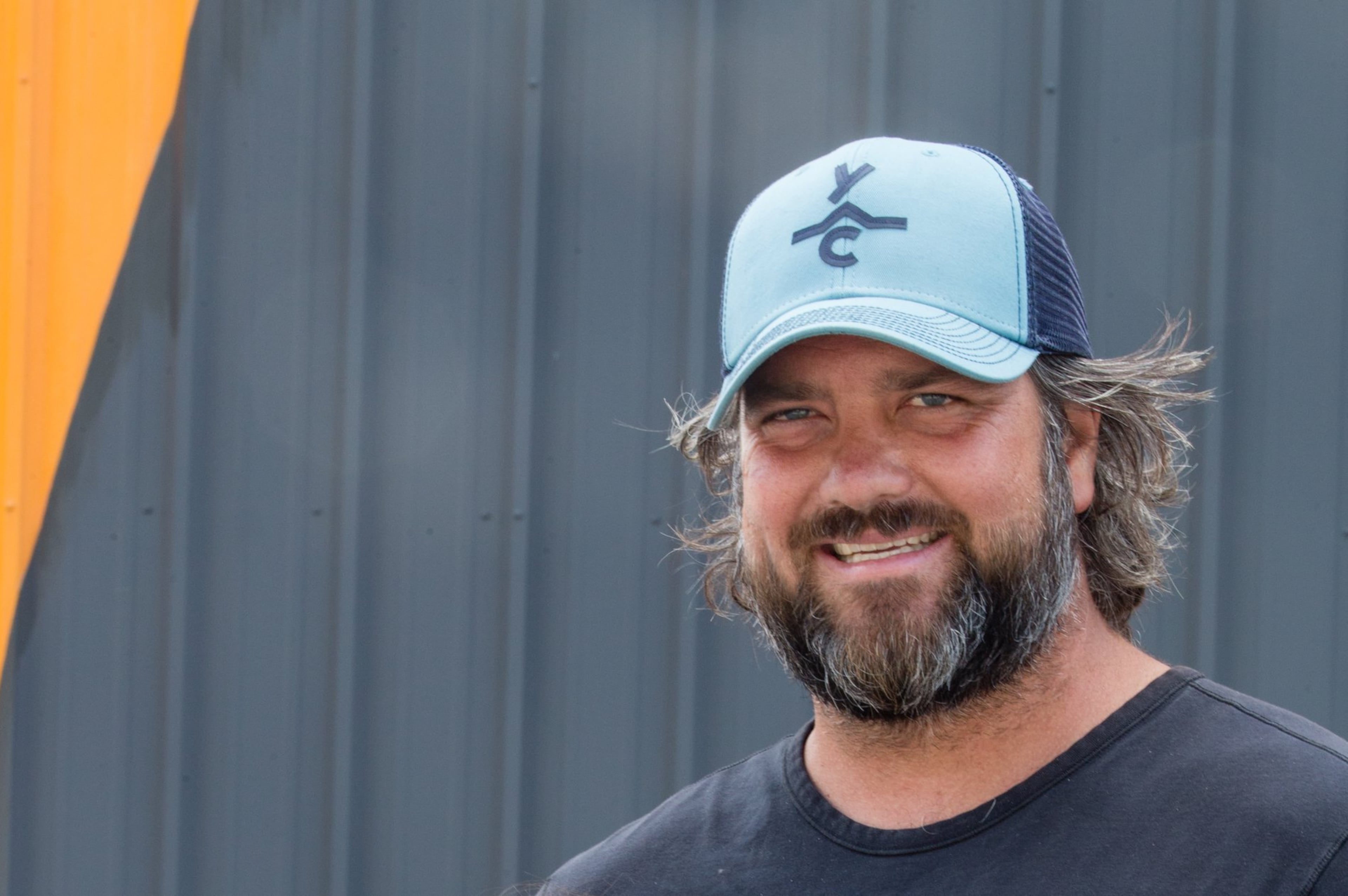Graham testifies before Fulton grand jury after long legal battle
After more than four months of fighting his summons in court, U.S. Sen. Lindsey Graham on Tuesday testified for more than two hours before a Fulton County special grand jury investigating whether former President Donald Trump or his associates criminally meddled in Georgia’s 2020 elections.
The South Carolina Republican arrived at the Fulton courthouse unseen by reporters, but his office later said the senator answered all questions posed to him. It declined to comment on the substance of the inquiries “out of respect for the grand jury process.”
“The Senator feels he was treated with respect, professionalism, and courtesy,” his office said in a written statement.
Graham was scheduled to appear later Tuesday at a campaign event for U.S. Senate hopeful Herschel Walker in Powder Springs.

No witness had fought his or her grand jury summons as forcefully as Graham. He appealed aspects of his challenge all the way to the Supreme Court, vowing to do “whatever needs to be done to make sure that people like me can do their job without fear of some county prosecutor coming after you.”
He was all but forced to appear in Atlanta after Supreme Court justices on Nov. 1 lifted a stay on his grand jury questioning. Any witness who misses their testimony date and isn’t in the middle of an active appeal could face legal consequences, such as a warrant for their arrest so they can be taken to Atlanta to testify.
Grand juries work in secret, and not even Graham’s lawyers were allowed in the room when the senator was being questioned by the 23-person panel.
Lines of questioning
Jurors and the prosecutors advising them previously said they were interested in questioning the Trump ally about two phone conversations he had with Georgia Secretary of State Brad Raffensperger about mail-in ballots in the weeks following the 2020 elections.
There has been significant disagreement over what Graham, then the chairman of the Senate Judiciary Committee, was implying during the calls. Prosecutors believed the senator suggested “reexamining certain absentee ballots cast in Georgia in order to explore the possibility of a more favorable outcome for former President Donald Trump.”
Graham insisted he did nothing wrong. He said he was participating in routine legislative fact-finding that’s shielded from questioning under the U.S. Constitution’s “Speech or Debate” clause.
In his legal challenges, Graham argued that the grand jury could question him about nothing surrounding his conversations with Raffensperger. But U.S. District Judge Leigh Martin May disagreed, outlining in an August ruling that Graham could be asked about three more political lines of inquiry: any communications or coordination with the Trump campaign; public statements Graham made about Georgia’s 2020 elections; and any alleged effort to “cajole” or “exhort” Raffensperger to throw out ballots or alter Georgia’s election practices.
Prosecutors could not ask about anything related to Graham’s official work in Congress, May wrote, due to legislative privilege.
Other witnesses
Graham wasn’t the only high-profile witness who was initially scheduled to appear before the special grand jury on Tuesday.
Former White House Counsel Eric Herschmann was also slated to speak with jurors, though it’s unclear if he appeared. A spokesman for the Fulton DA’s office did not respond to requests for comment.
Michael Flynn, Trump’s former national security adviser, had also been scheduled to appear after a Sarasota, Fla., judge affirmed his grand jury summons last week. But Florida’s Second District Court of Appeals approved a provisional stay on Flynn’s appearance on Friday.
Flynn isn’t the only grand jury witness appealing lower court rulings forcing them to testify at the Fulton courthouse.
The South Carolina Supreme Court on Monday agreed to hear a challenge from former White House Chief of Staff Mark Meadows. That came a few days after the Virginia Court of Appeals granted former House Speaker Newt Gingrich a stay on a lower court’s ruling that directed him to testify before the grand jury on Nov. 29.
The action comes as Fulton prosecutors have signaled the grand jury’s work is winding down. Assistant District Attorney Will Wooten told a Florida judge last week that “there are very few witnesses left.”
“We don’t anticipate that the grand jury will go on much longer,” Wooten said.
One remaining decision on the horizon: whether to subpoena Trump himself, especially in light of the Republican announcing his third run for the presidency last week.




